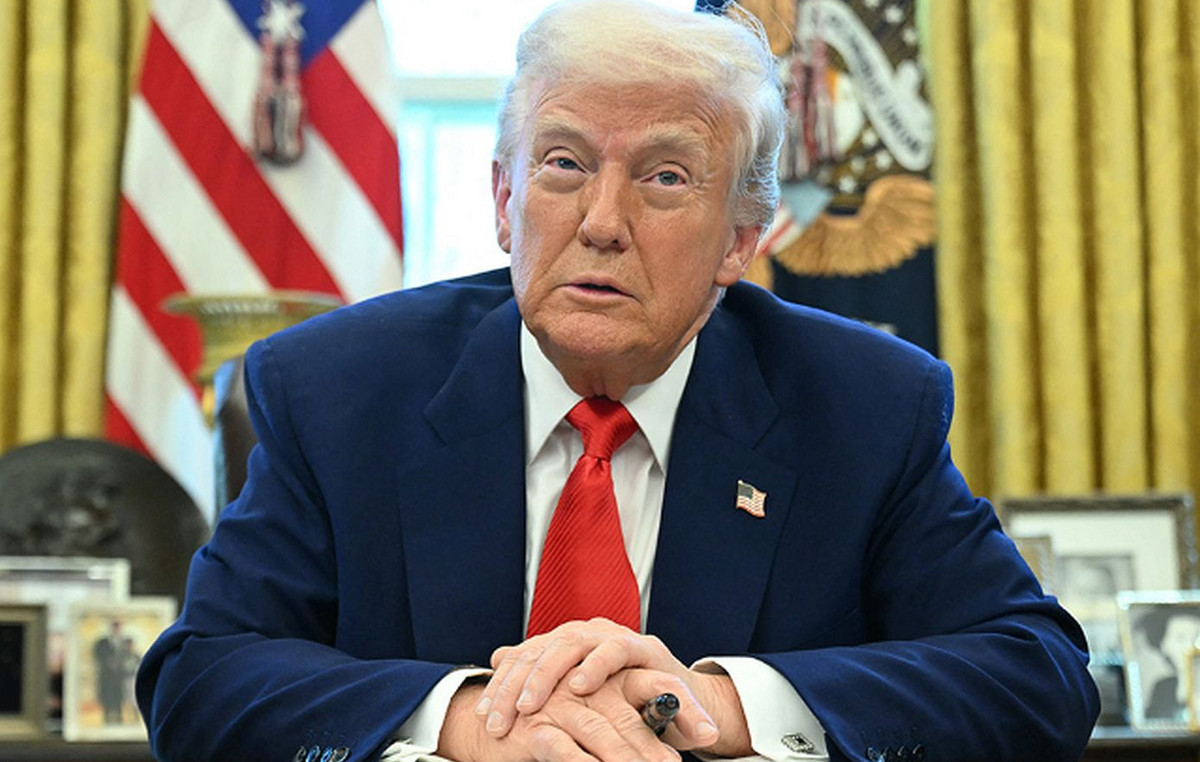We are looking into how relevant and realistic the prospects for creating an ETF on Shiba Inu (SHIB) are now.
With the imminent launch of an Ethereum ETF, the markets are turning their attention to the next possible developments in the financial instrument. Shiba Inu Lucie, head of marketing, believes that institutional investors’ interest in the popular meme coin makes the prospect of an ETF on SHIB increasingly relevant.
Pros and Cons of Shiba Inu ETFs
Lucie describes significant advantages of ETFs for SHIB, especially – increasing accessibility asset. Traditional investors interested in Shiba Inu currently face a lot of challenges and uncertainties when trying to navigate the intricacies of crypto exchanges. The ETF is a regulated financial product, so its launch will simplify the process of entering the market. Its increased security and compliance with regulatory standards will attract more institutional investors.
Another important advantage is diversification. ETF will help reduce investment risks.
However, the move to an ETF format also has its downsides, especially for decentralized finance (DeFi). Lucie points out a key contradiction: ETFs centralize control, which is contrary to the principles decentralization DeFi: ETFs can provide stability, but they can also limit the community’s ability to manage the asset.
In addition, ETF investors will not directly own SHIB tokens. This will prevent them from participating in important DeFi activities such as staking and governance. This simplifies investing, but reduces investor engagement in the Shiba Inu project. ETFs may also attract passive investors and reduce active participation in DeFi protocols, potentially weakening the ecosystem.
There are also financial and regulatory concerns. ETFs come with management fees and are subject to strict regulatory scrutiny, which may discourage cost-sensitive DeFi enthusiasts. However, these factors can provide much-needed legitimacy for investors who prefer security.
Lucie also raises concerns about potential market manipulation. Centralizing control over SHIB through an ETF could lead to manipulations on the market. This contradicts the basic principles of decentralized finance to ensure transparency. However, on the other hand, it can stabilize the volatile market.
But the ETF was already unstoppable…
Meanwhile, speculation about other potential memecoin ETFs continues to grow. Researcher Sterling Crispin suggests that after the launch of an ETF on Solana (SOL), Dogecoin (DOGE) could be next.
Additionally, on July 15, Coinbase Derivatives will launch a regulated futures contract for Shiba Inu. Coin enthusiasts see this as an important step toward ETFs, as regulated futures often precede spot ETFs. Such contracts provide increased transparency, oversight, and regulatory compliance for trading, all of which contribute to effective risk management.
The US Securities and Exchange Commission (SEC) has approved spot Bitcoin ETFs, and now Ethereum is next in line. However, the high volatility and specific risks associated with memecoins, including SHIB, pose significant challenges for regulators. Given the SEC’s current attitude toward the crypto industry as a high-risk environment, approval of a memecoin ETF remains a big question mark.
Stay up to date! Subscribe to World Stock Market on Telegram.
Source: Cryptocurrency
I am an experienced journalist and writer with a career in the news industry. My focus is on covering Top News stories for World Stock Market, where I provide comprehensive analysis and commentary on markets around the world. I have expertise in writing both long-form articles and shorter pieces that deliver timely, relevant updates to readers.







